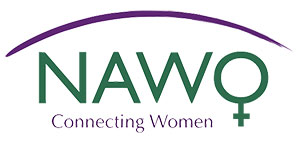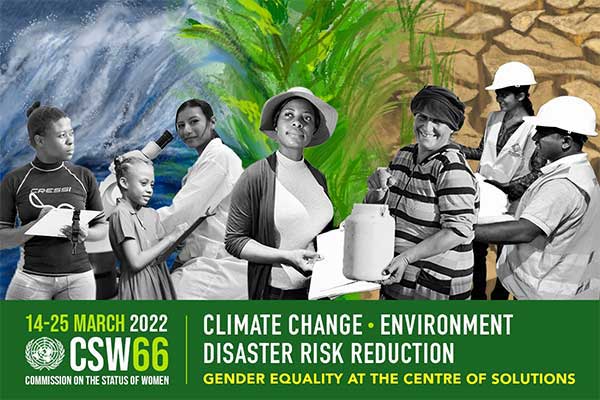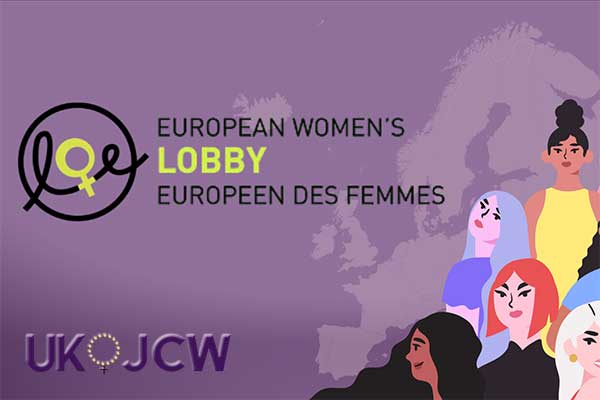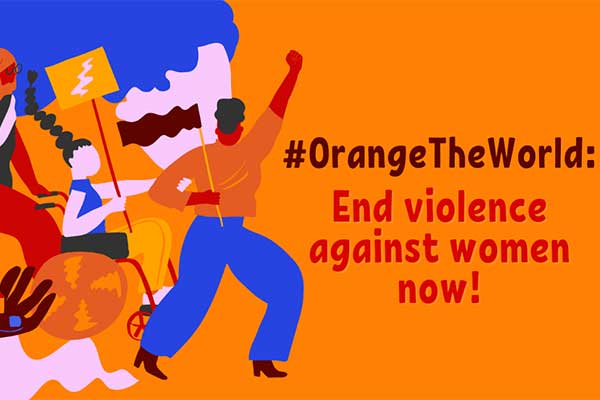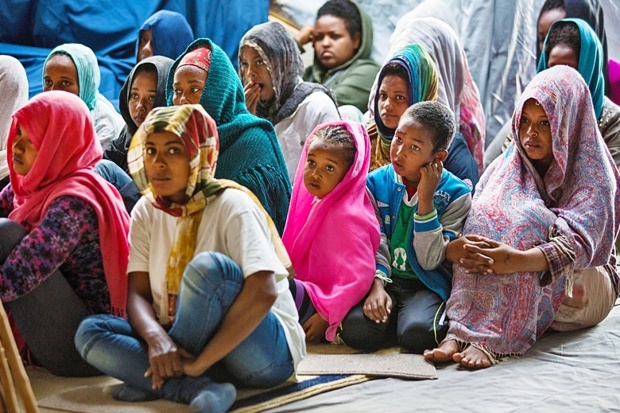
The Refugee Crisis is a Feminist Issue
by Precious Kennedy-Hamilton, YWA Advance Delegate 2016
In a country consumed by Brexit, a new Prime Minister and the US elections, Europe’s Refugee Crisis has been somewhat put to one side, however the dismantling of the Calais ‘Jungle’ Camp has put the discussion back onto the front pages. We’ve seen pictures of coaches removing refugees, and children being welcomed to Britain, yet the issues they have faced on their journey remain underreported and misunderstood. In addition, when humanitarian crises of this sort occur, it is especially women who are all too often left behind.
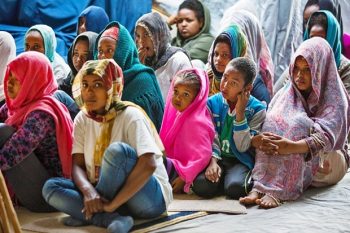
And whilst the Refugee Crisis is used as political weaponry, its status – not only as a humanitarian disaster, but an issue to be addressed from a feminist perspective – is ignored. At every step of a female refugee’s journey, including her asylum application in the UK, she is at heightened risk; there is a dire need for society to act on its collective duty to prevent her from the threat of assault, harassment and trafficking.
Tirana Hassan, speaking for Amnesty International, described how it is ‘shameful’ that women from ‘some of the most dangerous areas of the world’ are put at risk whilst in Europe. Currently, this issue is highly prevalent amongst women fleeing Syria and Iraq by travelling through Europe, where Amnesty found that women felt under threat in transit areas due to a lack of basic protections. Earlier this year it was discussed at the EU Women in Parliament’s Summit that separate toilet facilities and sleeping areas – some of the most basic ways to reduce sexual violence – were not being provided for women.
When developed societies are unable to recognise the basic measures which support and protect some of the planet’s most vulnerable women, it shows a complacency towards misogyny. Governments are aware of the issues women are facing whilst on European soil, yet their failure to address women at risk in transit camps is allowing women to continue to live in a state of fear of sexual violence. It is imperative that governments provide safe, legal routes where women and children are not in danger of exploitation or assault. This is a European issue. It’s also an example of structural gender inequality that proves severely damaging, if not fatal, for women in Europe, and it is thus imperative that aforementioned gender-conscious solutions turn Europe into a safe environment for all women, upholding our international commitment to the protection of human rights.
In a global context, there is a wider issue of women being exploited and valued to a lesser extent than men. 1 in 3 women worldwide have experienced sexual or physical violence – the risk of which increases when girls and women are left homeless or displaced. For example, this includes Yarl’s Wood detention centre in the UK, where women have made various allegations of sexual assault and lack of safety. Sexual violence at the hands of the state is found across Europe and the world, and creates an unsafe environment for women. Cultural, religious and social limitations for women which result in limited education, healthcare and access to their rights globally prove the need for female-focused development initiatives to combat gender-specific issues.
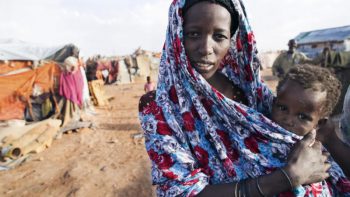
Agata Gryzbowska European Commission DG ECHO/Flickr
The Charity Asylum Aid’s influential ‘Protection Gap’ campaign, which highlighted how the lack of gender-sensitivity in the UK’s asylum system disadvantages women fleeing persecution. Women, often coming from brutal and repressive regimes, fall through a ‘protection gap’, where that which is needed to protect women in the asylum system isn’t put into place. Reports based on interviews with such women illustrated how they were not given sufficient understanding of how, for example, domestic violence could form an essential part of their asylum claim. Women were shown to have been interviewed in the presence of male interpreters or their own children, and this increases the difficulty for women to express frequently degrading and traumatic experiences. In order to get accurate details to process an asylum claim women must be enabled to recount their experiences in a better environment. The adoption of the Women’s Asylum Action Plan this year by the Home Office was the initial victory in ensuring a more equal, gender-sensitive approach for the refugee women the UK has previously failed.
In order to meet the varied levels of gender inequality, modern feminism must undertake the role of advocating for equality through promoting gender-sensitivity (modifying approaches to situations to account for gender disparity) where necessary. The ‘Protection Gap’ campaign demands were:
- Childcare during screening and asylum interviews
- Female interviewer and interpreter during asylum interviews
- Information about the asylum process, rights and entitlements specific to women seeking asylum
- Interviewers and interpreters trained on issues of sexual violence, memory and trauma
- Counselling and support for trauma for women who have experienced gender-based harm
Asylum Aid
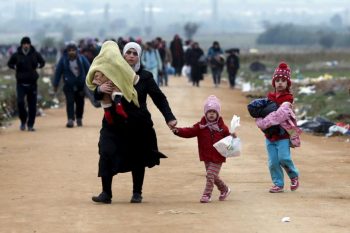
The Home Office should remain under scrutiny to ensure that the action plan to resolve these issues is implemented. In 2015, over 1 million migrants and refugees arrived in the EU, and according to the UNHCR approximately 2,500 refugees died in the Mediterranean Sea: this responsibility therefore lies with European governments. The relevance of the migrant crisis in current European politics illustrates the relevance of the UK’s international relations to this issue. I sincerely hope the result of the EU Referendum doesn’t neglect vulnerable refugees by leaving them to an asylum system which doesn’t support them fairly. The recently introduced European Asylum Support Office (EASO), in its own words, ‘plays a key role in the concrete development of the Common European Asylum System’ by helping EU member states coordinate on Asylum issues to fulfil international duties to protect refugees. Establishment of the EASO can be utilised to facilitate a Europe-wide standard Asylum system, and as a nation we must ensure consistent gender-conscious support for Asylum seekers.
These factors are evidence of how gender inequality creates complexities within humanitarian crises around specifically how to address the needs of women. The varying forms of maltreatment faced by refugee women illustrates wider social limitations for women which transcend geographical barriers. If it is a global norm to see women’s vulnerability exploited, the position of women is unlikely to see the improvements necessary to ensure dignity and rights are held by all. Following the tone of the EU Referendum I hold concerns that growing anti-refugee sentiments will be a distraction from our ethical obligation to protect those fleeing persecution. In the aftermath of the Calais clearance, women and girls in transit will require gender-sensitive protection, and both boys and girls must be protected from exploitation, trafficking and abuse. The fight against gender inequality must therefore recognise that humanitarian and social problems produce more suffering for women, and how displaced women are systematically put at risk.
This blog post was written as part of Precious’s contribution to NAWO’s Young Women’s Alliance Advance programme, enabling young women to gain the knowledge, confidence and capacity to call for the rights of women and girls. You can find out more on YWA Advance and get your tickets to hear Mei-Jayne, all YWA delegates and human rights experts share their experiences and expertise in the Houses of Parliament on 30th November 2016 here.
